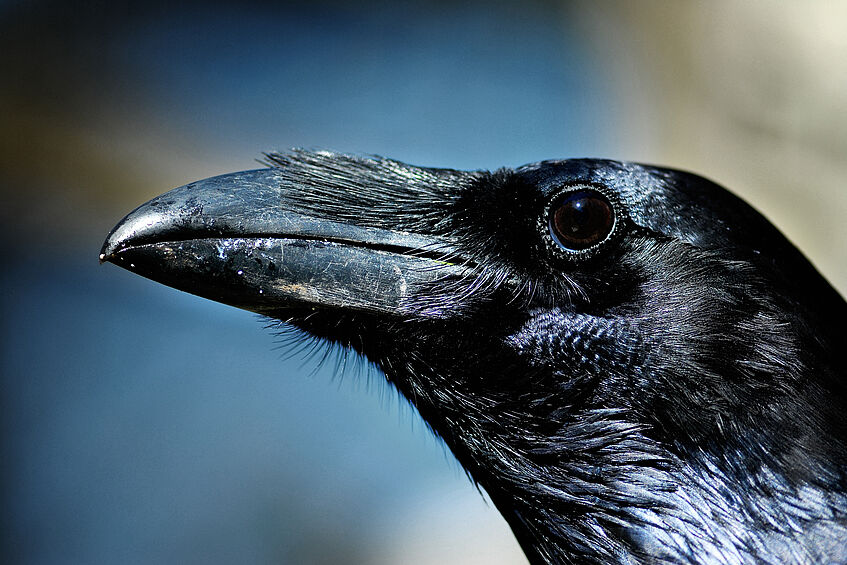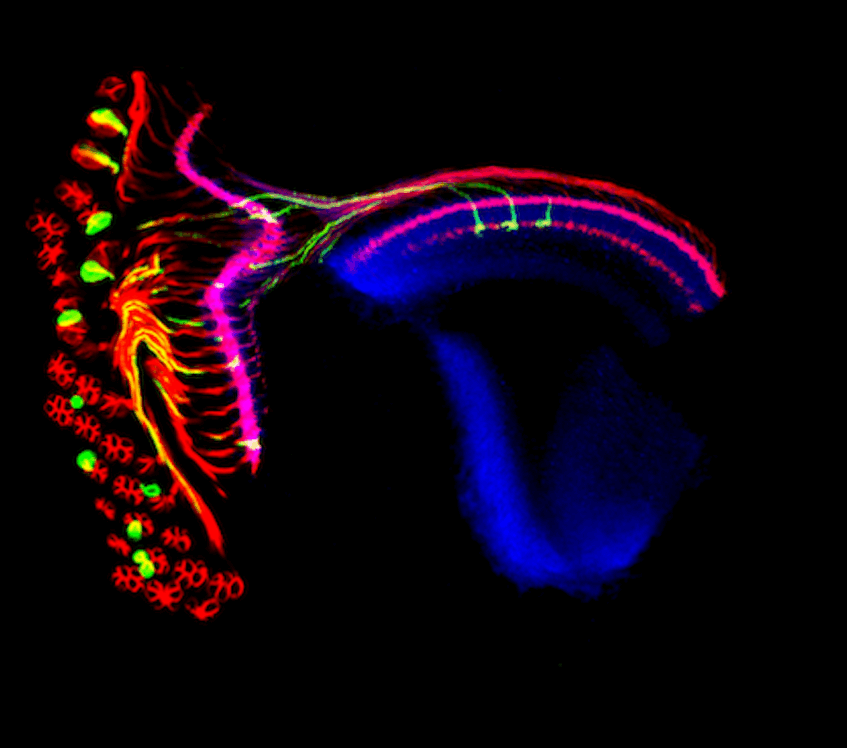Research fields and supervisors
The four main research clusters offer highly motivated doctoral candidates, both national and international, the opportunity to receive independent training through research, supervision by research group leaders who are committed to excellence as well as individual career development.
Who are our supervisors?
What are they researching?
Psychological Sciences

Psychological Sciences
The Psychology faculty is committed to advancing scientific knowledge and its practical application by making theoretically robust and empirically testable contributions. This is achieved through a combination of research approaches from neuroscience, cognitive science, and social sciences, which complement and integrate one another. The Faculty consists of four departments:
- Department of Cognition, Emotion, and Methods in Psychology
- Department of Clinical and Health Psychology
- Department of Occupational, Economic, and Social Psychology
- Department of Developmental and Educational Psychology
- Additionally, an Outpatient Department for Research, Teaching and Practice has been established in October 2017
Behavioral and Cognitive Biology
The Department of Behavioral & Cognitive Biology investigates behavioral and cognitive traits from diverse angles, including mechanism, function, development, and evolutionary history. Our research focuses on cognitive and communicative processes, the endocrine and genetic regulation of behavior, and how ecological and environmental factors shape behavioral phenotypes. We conduct studies across a range of vertebrate species, utilizing both controlled laboratory settings and ecologically relevant field conditions.
Research Areas:
- Behavioral endocrinology and genetics
- Individual differences: behavioral plasticity and consistency
- Behavioral adaptations: from hibernation and migration to species conservation
- Behavioral interactions: between individuals and species
- Social cognition and culture
- Communication - Humans and other Animals
- Bio-aesthetics and sexual selection

© Markus Böckle
Neuroscience
The Neuroscience Research Cluster tackles fundamental questions in Neuroscience, Developmental Biology, and Evolutionary Biology, focusing on:
- The development of complex neural circuitry
- The role of neuronal network activity in regulating animal behavior
- The evolution of animal genomes, body plans, and cell types

Cognitive Humanities
Cognitive Humanities are an emerging interdisciplinary field currently developing a wide range of approaches in the respective disciplines. The combination of Cognitive Humanities in the Doctoral School CoBeNe is groundbreaking in that it provides on the one side a platform for interdisciplinary cooperation within the humanities to profit from the concepts of neighboring disciplines - from philosophy to art history and linguistics. In the near future we hope to add media science, musicology and literature studies.

© derknopfdruecker.com
